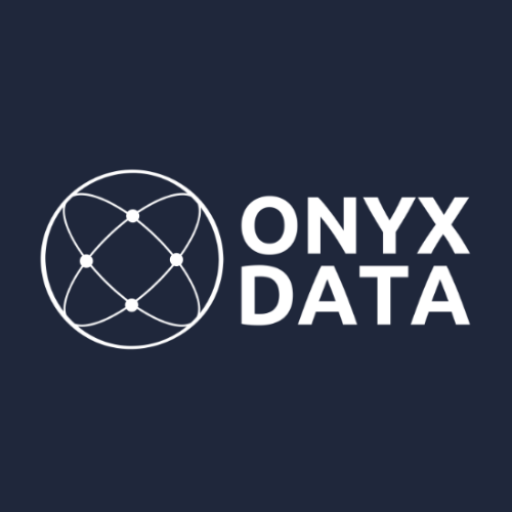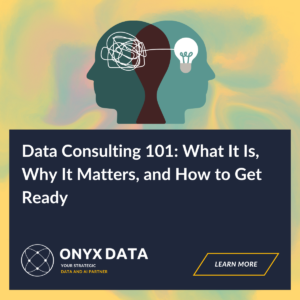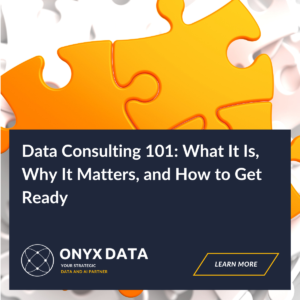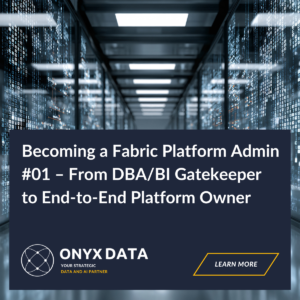5 Reasons Why Advanced Analytics is the Future of Data

5 Reasons Why Advanced Analytics is the Future of Data
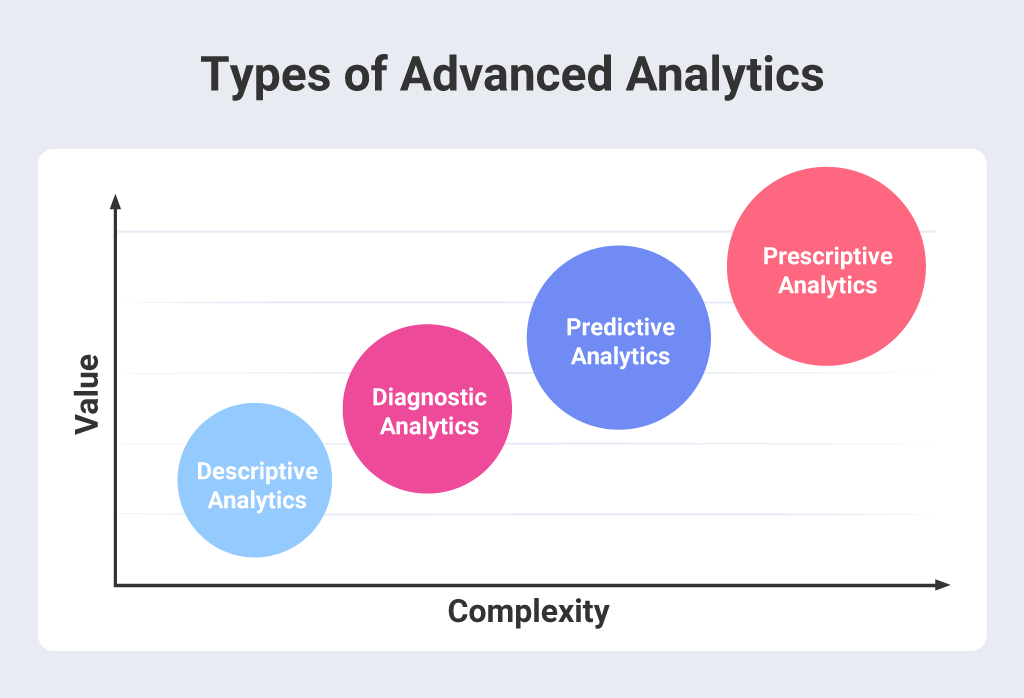
Why Advanced Analytics is Essential for Success
Advanced analytics is pivotal in reshaping decision-making and strategic planning. By transforming raw data into actionable insights, it enables organisations to make informed choices that foster growth and innovation. This effectiveness leads us to ask: why is advanced analytics so crucial now?
This article highlights five reasons advanced analytics is the future of data. First, it significantly enhances decision-making processes, allowing for more precise and timely conclusions. Second, it automates data handling, reducing human error and saving time. Third, it seamlessly integrates artificial intelligence, providing deeper insights while addressing the skills gap in the analytics workforce.
Understanding how advanced analytics can revolutionise your organisation is essential for maintaining competitiveness. Embracing these tools and methodologies is not only beneficial but vital for success. Read on to discover ways to harness the full potential of advanced analytics in your strategic framework.
1. Enhanced Decision-Making Capabilities
Advanced analytics provides actionable insights that empower decision-makers across diverse sectors. By utilising techniques such as predictive analytics and machine learning, organisations can transform raw data into vital information for making strategic decisions. For instance, companies that analyse customer behavior with advanced analytics can tailor their services, which enhances customer satisfaction and increases retention rates by 5-10%.
This approach also facilitates real-time data analysis, allowing organisations to respond swiftly to market changes. When decision-makers are equipped with timely information, they can promptly adjust their strategies to maintain a competitive edge. A practical example is businesses that incorporate real-time analytics into supply chain management, enabling them to optimise inventory levels and reduce costs by up to 20%.
Furthermore, predictive analytics plays a significant role in trend forecasting based on historical data. This capability improves strategic planning and risk management, enabling organisations to better prepare for market shifts. Companies that leverage predictive analytics have reported a 15-20% increase in forecast accuracy, which contributes to more effective budgeting and resource allocation.
In conclusion, integrating advanced analytics into decision-making processes significantly enhances operational efficiency and effectiveness. As more organisations recognise these benefits, the demand for advanced analytics solutions is likely to rise, promoting an increasingly data-driven environment.
Next, consider how these decision-making improvements can be further supported by automating data processes to streamline workflows and maximise efficiency.
Automation of Data Processes
Advanced analytics provides a crucial advantage for organisations by automating data processes. This shift reduces reliance on manual data analysis, which can be slow and error-prone. As a result, automation not only boosts efficiency but also improves the overall quality of data analysis.
With automated advanced analytics, teams can spend less time on data gathering and cleaning. This allows them to concentrate on deriving insights faster, leading to quicker response times and a more agile decision-making process. Consequently, organisations can take strategic actions based on trustworthy data.
Additionally, automation significantly minimises the risk of human error in data analysis. Manual approaches often introduce inaccuracies that can distort business insights and outcomes. By reducing these risks, automation accelerates the analysis process, enabling businesses to adapt swiftly to changing market conditions.
Furthermore, adopting automated advanced analytics can yield substantial cost savings. By streamlining data processes, organisations can reduce the need for large teams dedicated to data entry and initial analysis. This optimisation enhances resource allocation and improves financial performance. Notably, automation technology is scalable, allowing organisations to expand without significantly increasing operational costs.
In summary, automating data processes is transformative for businesses leveraging advanced analytics. As the demand for data-driven insights rises, the efficiency and accuracy gained from automation will become indispensable. The integration of artificial intelligence with advanced analytics will further strengthen these capabilities, paving the way for enhanced data operations.
3. Integration of AI with Advanced Analytics
As businesses recognise the value of advanced analytics, the integration of artificial intelligence (AI) into these tools has become essential. AI enhances advanced analytics by enabling organisations to process and analyse large data sets more efficiently. This AI-driven approach allows for the identification of hidden patterns and trends that traditional methods often overlook, ultimately empowering leaders to make informed decisions.
Moreover, with machine learning algorithms, organisations can continuously adjust their models as new data emerges. This adaptability not only provides valuable insights to guide business strategy but also enhances operational efficiency and improves forecasting accuracy. Such capabilities help companies allocate resources effectively and respond proactively to market changes.
Leading this transformative effort is Onyx Data, which specialises in the integration of AI to empower businesses. By addressing the skills gap, Onyx Data equips teams with the necessary tools and training to leverage advanced analytics in conjunction with AI. This synergy enables organisations to thrive in a data-driven environment, where extracting insights swiftly and accurately is crucial for success.
As AI technology advances, its role in advanced analytics will only expand. We can expect improvements in real-time data processing, enhanced interaction through natural language processing, and automated reporting. The combination of AI and advanced analytics will streamline workflows and democratise insights, making analytics accessible to all levels of employees, from executives to entry-level staff.
In summary, integrating AI with advanced analytics is revolutionising how organisations operate, providing deeper insights, fostering innovation, and facilitating quicker decision-making. As we progress into a data-centric future, the relationship between AI and advanced analytics will significantly influence the business landscape, leading to smarter and more effective strategies.
This emphasis on automation and AI integration creates the foundation for the scalability and flexibility that advanced analytics offers, ensuring that businesses can adapt seamlessly in an ever-changing market.
4. Scalability and Flexibility
In today’s fast-changing business landscape, scalable data systems are essential for success. Advanced analytics solutions are designed to grow alongside your organisation, allowing businesses to adapt their analytical frameworks to evolving data needs. This flexibility maximises their capacity to manage increasing data volumes while maintaining a competitive edge.
One significant advantage of scalable analytics is the ability to customise solutions. Many businesses require tailored approaches, and advanced analytics provides that flexibility. Companies partnering with Onyx Data, for example, benefit from customised services that cater to their specific operational demands. This approach not only enhances data analysis but also ensures alignment with overall business goals.
As data volumes continue to surge, the need for adaptable analytics becomes even more critical. Organisations must evolve their analytics capabilities to extract deeper insights and make timely decisions. Advanced analytics facilitates seamless adjustments in methodologies, enabling companies to continually derive value from their data, regardless of its size and complexity.
A scalable analytics framework also fosters innovation. With the rapid emergence of new technologies and data sources, organisations that utilise flexible analytics systems can integrate advancements without overhauling existing infrastructure. This adaptability streamlines operations and supports long-term strategic growth, empowering businesses to explore new data strategies effectively.
Finally, to fully benefit from advanced analytics, organisations must address the skills gap in data analytics. This gap can prevent companies from fully leveraging advanced analytics, thereby limiting their potential to meet various operational needs.
5. Addressing the Skills Gap in Data Analytics
As organisations embrace advanced analytics, they often encounter a significant skills gap. Many find it challenging to recruit professionals capable of effectively utilising advanced analytical methods. To address this, tailored training programs become essential for data teams striving to succeed in this evolving landscape.
Onyx Data offers specialised training in advanced analytics, which equips analysts and data scientists with the necessary skills. By blending practical experience with theoretical knowledge, these programs empower teams to effectively leverage cutting-edge tools like Power BI and other advanced platforms.
Training on these powerful tools enhances organisations’ analytics capabilities and fosters a data-driven decision-making culture. Studies indicate that companies with well-skilled analytics teams are 65% more likely to prioritise data-driven strategies. Consequently, well-trained personnel significantly boost the effectiveness of data analytics initiatives, translating into improved insights and better business outcomes.
Furthermore, bridging the skills gap requires a commitment to continuous learning. Organisations that invest in upskilling their workforce often see increased employee retention and satisfaction, both of which are critical for maintaining a competitive edge in today’s data-centric environment.
Conclusion
Advanced analytics plays a vital role in shaping the future of data. It enhances decision-making, automates processes, and integrates AI, all while addressing the skills gap that many organisations face. This powerful tool enables businesses to derive actionable insights and drive growth in our increasingly data-driven world.
Now is the perfect time to embrace advanced analytics. Whether you are a business leader, data professional, or simply interested in this field, incorporating these strategies into your operations can set you apart from the competition. Seize the moment and gain a competitive advantage by harnessing the potential of advanced analytics.
By implementing advanced analytics, you position your organisation not just to keep up, but to lead. Embrace these insights to transform your operations and stimulate innovation. The future of data is already here, offering immense opportunities for those willing to adapt and evolve.
About Onyx Data
Onyx Data specialises in consulting services and training that focus on advanced data analytics and AI integration, leveraging Microsoft technologies like Power BI and Microsoft Fabric to deliver measurable outcomes.
Empowering businesses to transform their data into actionable insights allows for enhanced performance and better decision-making across various industries. Discover how Onyx Data can transform your data strategy today!
